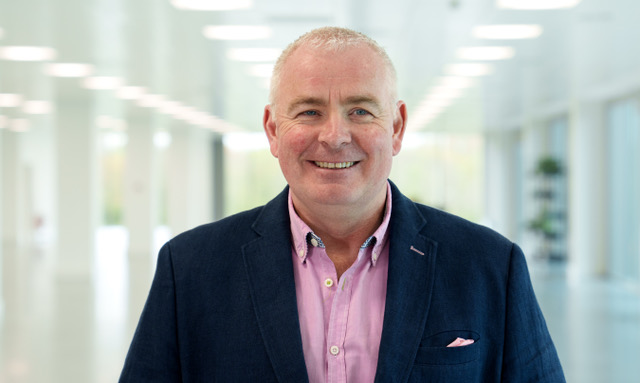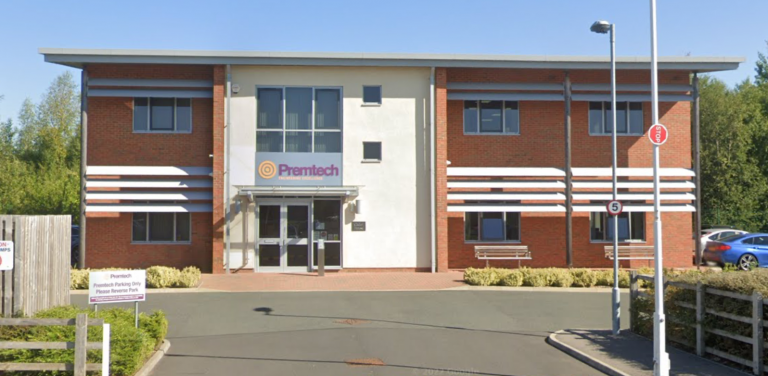Clearbell UK Strategic Trust (CST or Clearbell), a Trust advised by Clearbell Capital, has agreed a new lease at 55 Maid Marian Way, Nottingham, to global recruitment consultancy, Metric Search, following a significant refurbishment project at the property.
Located in the heart of the city centre, the office, totalling over 14,600 sq ft across five floors, has seen its communal areas transformed with new feature walls, floor coverings, lighting and external works.
As part of the project, the c. 3,000 sq ft third floor suite was also completely refurbished to a CAT A standard and steps taken to improve energy efficiency, including the introduction of LED lighting and electric heating throughout resulting in an EPC B rating.
Dovetailing with the refurbishment, the floor has been let to Metric Search on a five-year agreement. The speciality search recruitment business, founded in New York in 2019, works across the life sciences, MedTech, infrastructure and engineering sectors from its offices across the US and UK.
Other occupiers at the property include wealth management platform, FNZ UK third-party capital advisors, and ALM.
Rhys Jones, asset manager at Clearbell Capital, said: “Our refurbishment project at Maid Marian Way has completely transformed the property and the experience of our customers there, which is the driving force behind our active asset management programme across our portfolio.
“And, it has supported us in welcoming Metric Search to the building’s community; a fast-growing and ambitious business who we have no doubt will thrive in this new space. We look forward to working with them over the coming months on this next phase of their journey.”
Zac Flint, finance director at Metric Search, said: “Although we have offices all over the world, Nottingham is our home, so we needed an office that reflected the importance of this location to us.
“Having the opportunity to move into a newly refurbished building, that is also in such close proximity to the city centre, meant that Maid Marian Way was an obvious choice for us.
“We are looking forward to moving in in the next few weeks and starting the next chapter of our journey in the city.”
Clearbell Capital was supported on the refurbishment by Reynolds Associate and Interiora Projects, while FHP advised on the letting to Metric Search.












